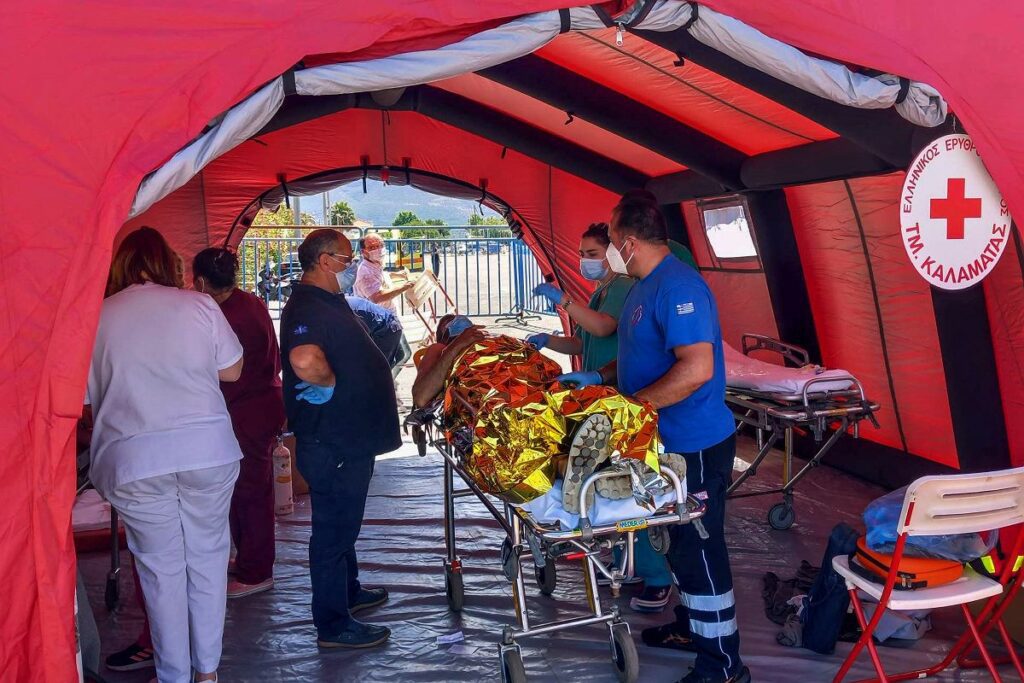Introduction:
Greece has historically been a destination for immigrants, drawn by its rich culture, beautiful landscapes, and economic opportunities. However, the journey of immigrants in Greece is often fraught with challenges, ranging from legal barriers to social integration issues. This text explores the experiences of immigrants in Greece, highlighting both the opportunities and obstacles they encounter.

Historical Context:
Immigration to Greece is not a new phenomenon. Throughout history, Greece has been a crossroads of civilizations, welcoming migrants from various parts of the world. In recent decades, economic migrants, refugees, and asylum seekers have flocked to Greece, seeking better lives and refuge from conflict and instability in their home countries.
Economic Opportunities:
One of the primary reasons immigrants choose Greece is the prospect of economic opportunities. Many immigrants find work in sectors such as agriculture, construction, tourism, and domestic services. However, the economic downturn in Greece following the 2008 financial crisis has resulted in increased competition for jobs, leading to unemployment and underemployment among immigrants.
Legal Challenges:
Navigating the legal framework in Greece can be daunting for immigrants. Obtaining residency permits, work permits, and citizenship can be complex and time-consuming processes. Furthermore, undocumented immigrants face the constant threat of deportation, living in fear of being discovered by authorities.
Social Integration:
Social integration poses significant challenges for immigrants in Greece. Language barriers, cultural differences, and discrimination hinder their ability to fully participate in Greek society. Many immigrants live in segregated communities, isolated from the broader population. Efforts to promote social cohesion and inclusion are essential for fostering a more inclusive society.
Access to Services:
Access to essential services such as healthcare, education, and housing is often limited for immigrants in Greece. Undocumented immigrants, in particular, face barriers to accessing healthcare and education, leading to disparities in health outcomes and educational attainment. Improving access to services is crucial for ensuring the well-being and integration of immigrants.
Refugee Crisis:
Greece has been at the forefront of Europe’s refugee crisis, hosting thousands of refugees fleeing conflict and persecution in countries like Syria, Afghanistan, and Iraq. The influx of refugees has strained Greece’s resources and infrastructure, leading to overcrowded refugee camps and humanitarian challenges. International cooperation and support are needed to address the root causes of the refugee crisis and provide sustainable solutions.
Community Resilience:
Despite the challenges they face, immigrants in Greece demonstrate remarkable resilience and resourcefulness. Many form tight-knit communities, providing mutual support and solidarity. Grassroots initiatives and community organizations play a crucial role in providing assistance to immigrants and advocating for their rights.


Conclusion:
The experiences of immigrants in Greece are shaped by a complex interplay of economic, legal, social, and political factors. While there are opportunities for economic advancement and cultural enrichment, immigrants also face significant challenges, including legal barriers, social exclusion, and limited access to services. Addressing these challenges requires a concerted effort from policymakers, civil society, and the international community to create a more inclusive and welcoming environment for immigrants in Greece.

